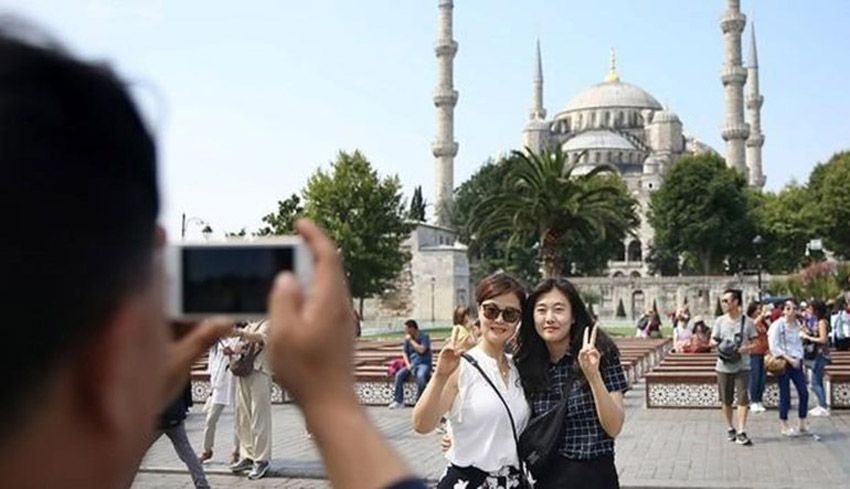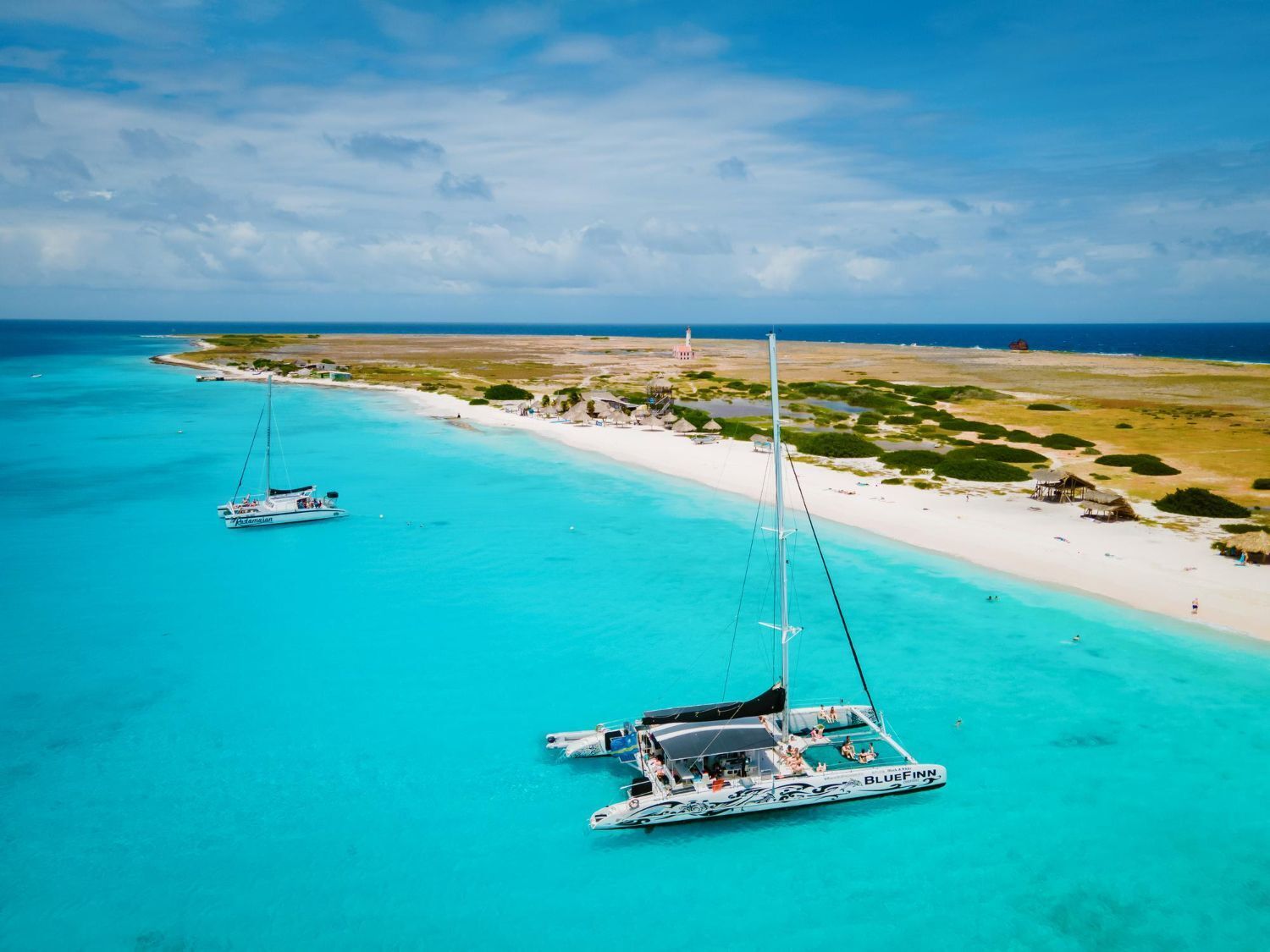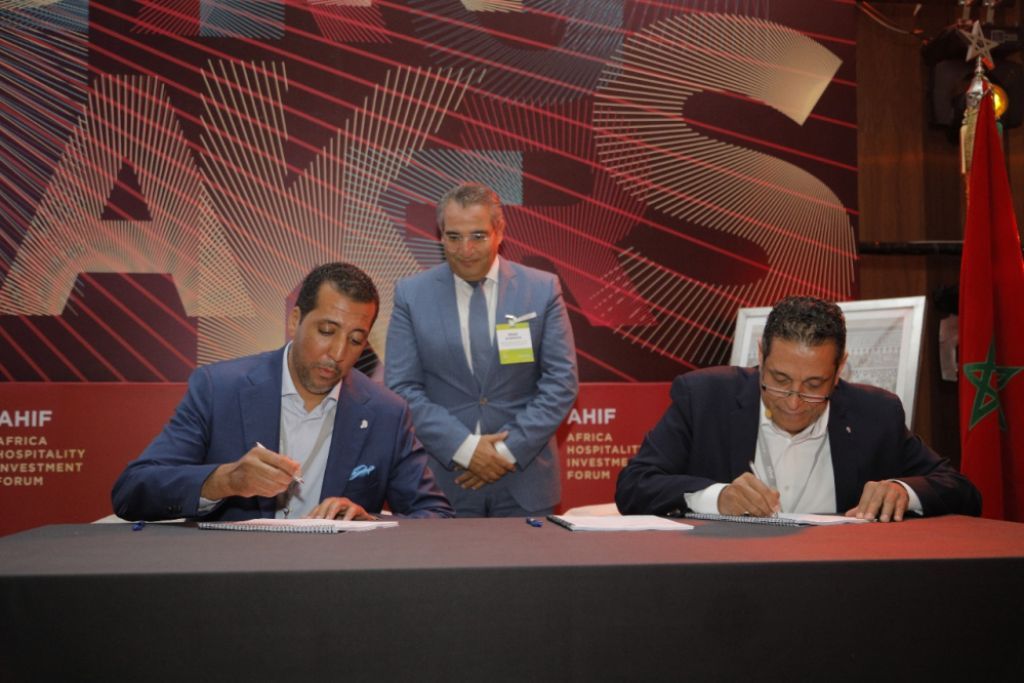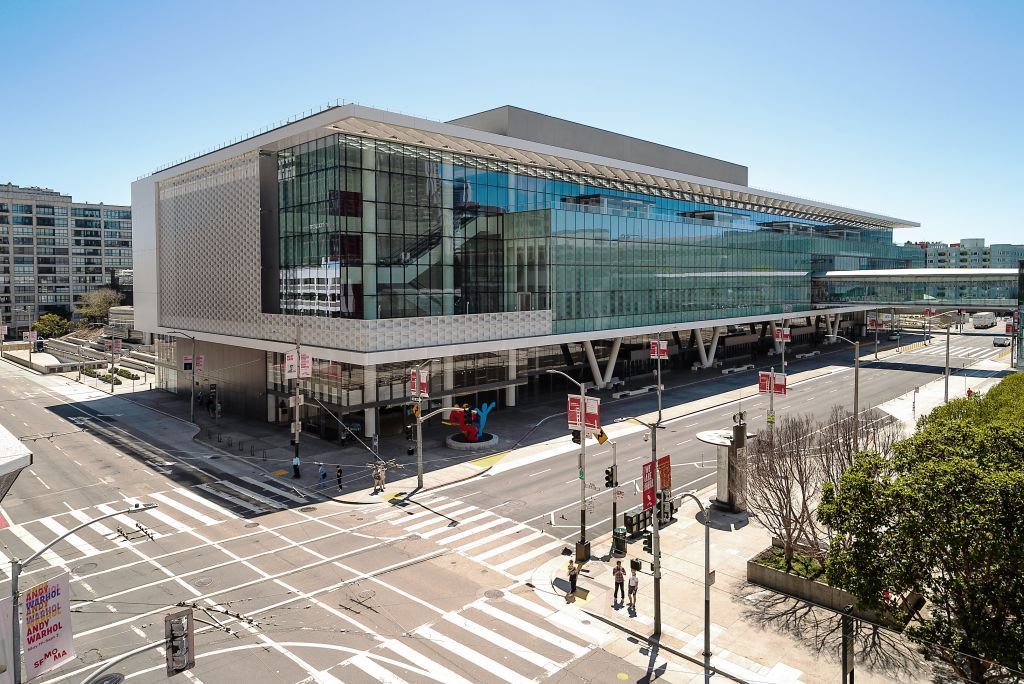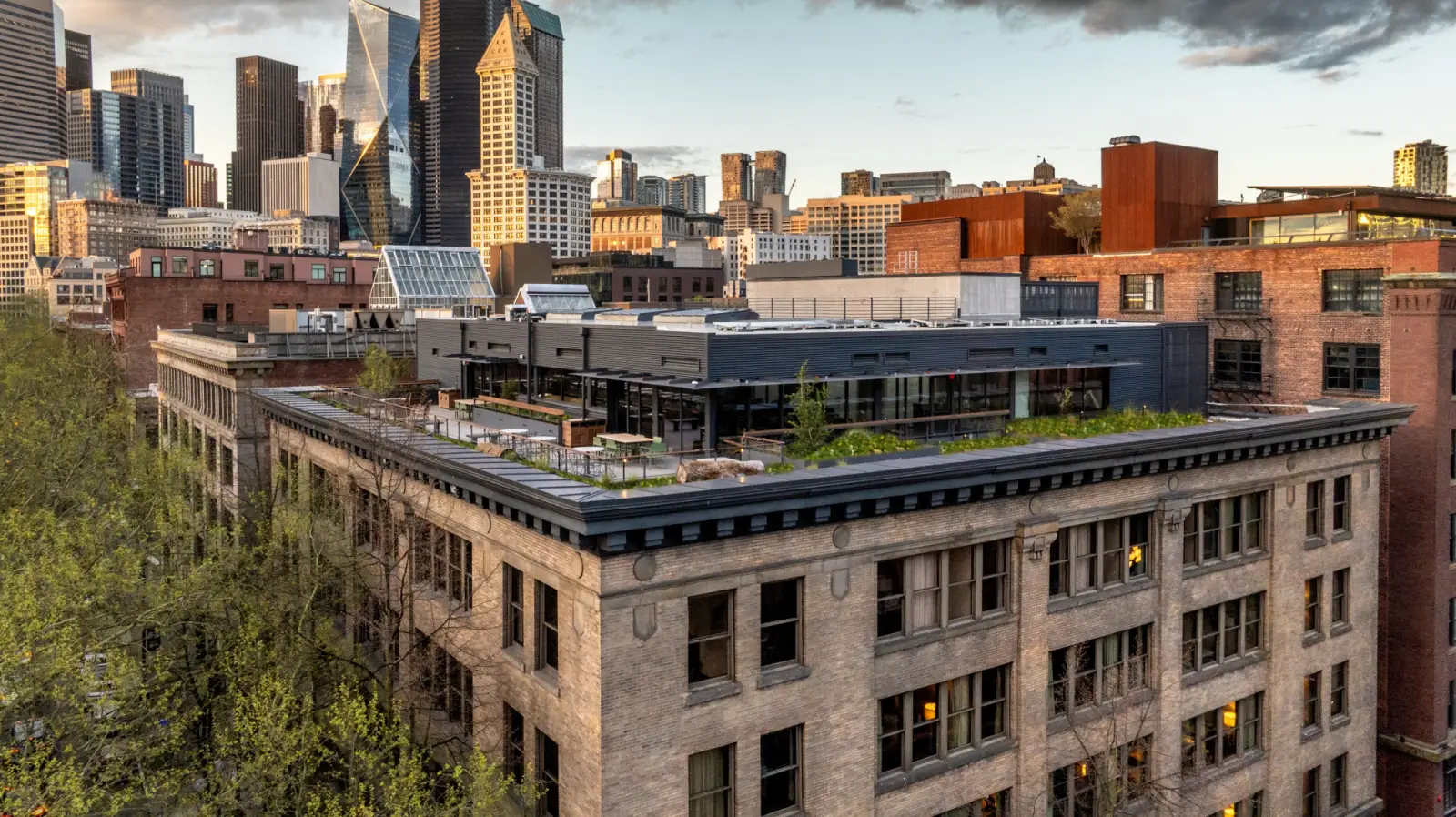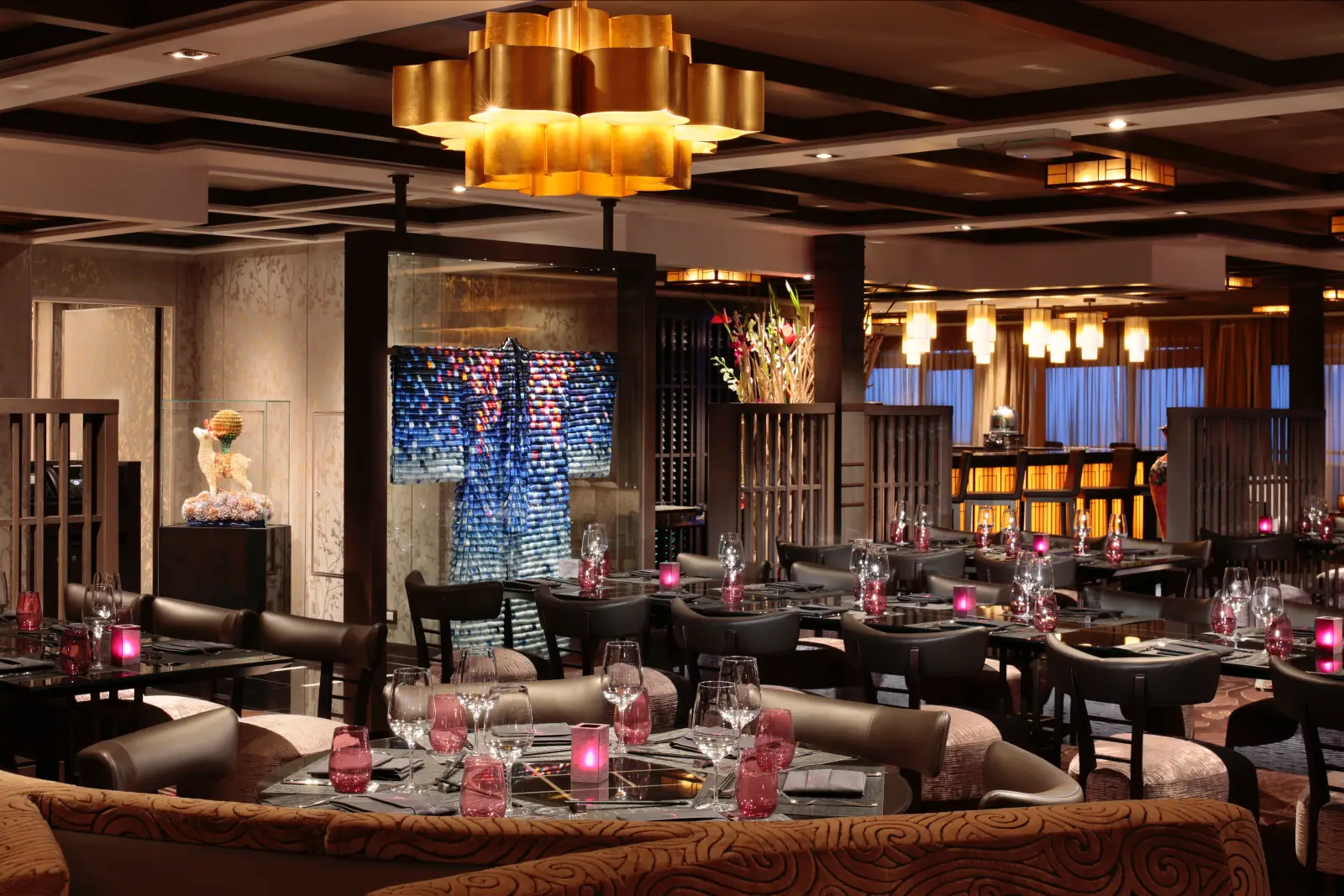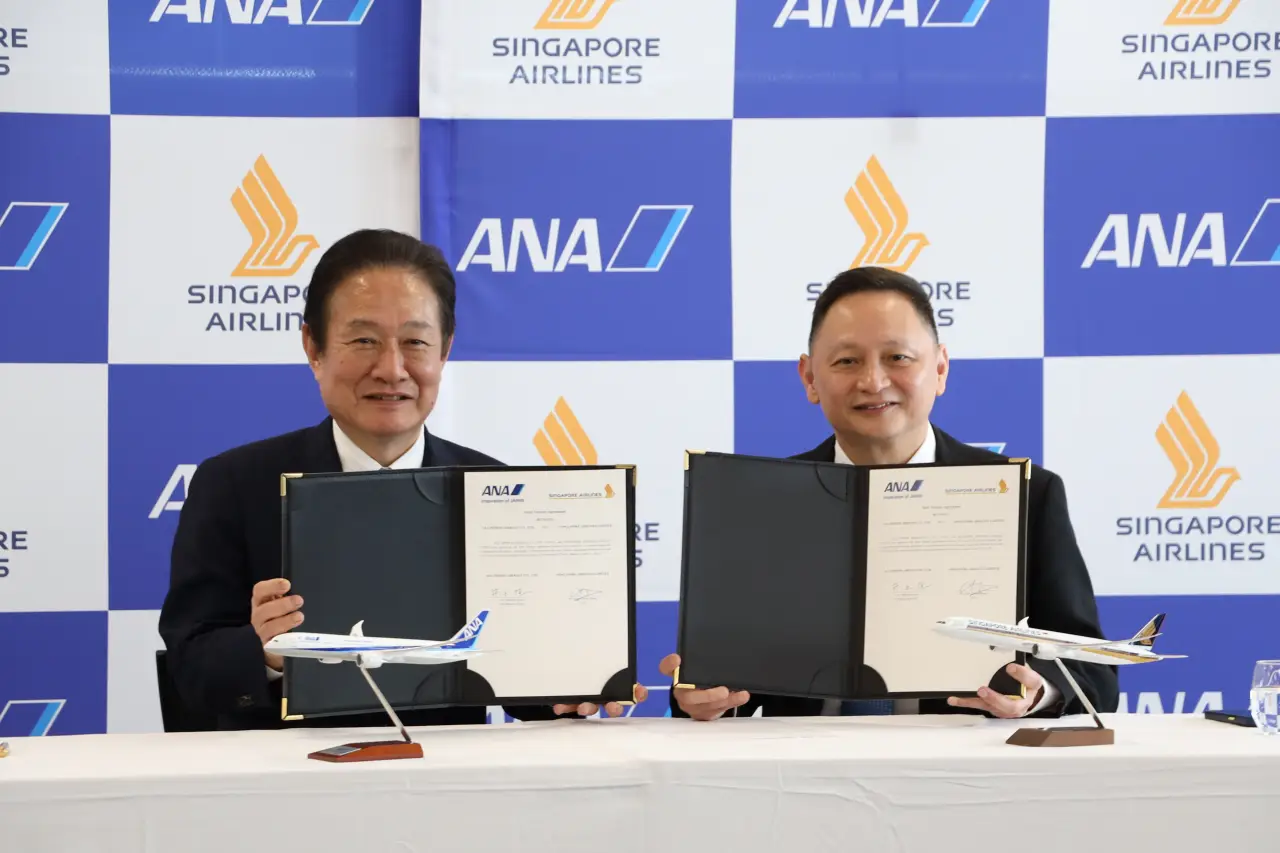Some of the fastest growing economies in the world can be found in the countries of the Gulf Cooperation Council (GCC).
In recent years, with a construction and investment boom designed to wean its member states from their overreliance on hydrocarbons for economic wealth, the region is emerging as a hotspot for global events, says Danielle Curtis, Exhibition Director – Middle East, Arabian Travel Market & IBTM Arabia.
Manhattan of the Middle East
In the UAE, Dubai already has a long-established brand in the business events world – it’s a glamourous, cosmopolitan city, internationally known as a leisure and tourism hub – sometimes referred to as the ‘Manhattan of the Middle East’. Dubai’s success has not gone unnoticed by fellow emirates, and now, Abu Dhabi has begun to experience rapid growth with increasing global reach and recognition. The UAE is leading the pack, but it is not alone, other countries across the region are on the rise, with tourism placed at the heart of national economic development strategies.
The region is transforming into a global hub for travel and tourism, attracting visitors from all over the world. According to the United Nations World Tourism Organization, the GCC will attract 195 million visitors per year by 2030 – above the global average for any one region.
In its leading role, the UAE is attracting visitors by easing regulations, such as implementing easier visa processes – transit passengers are exempt from paying a transit visa fee for their first 48 hours in the country – while increasing activities and sightseeing opportunities. The authorities and tourism boards in other GCC countries are following suit by relaxing short-term visa rules.
Cultural changes
In Saudi, a relaxation of rules is expected for the tourism resorts that are being created as part of the kingdom’s Vision 2030 Plan, which includes the Red Sea development. Scheduled to start this year, the Red Sea Project will set new standards in sustainable development and redefine the world of luxury tourism. Once completed, visitors will be able to explore an archipelago of more than 50 unspoiled islands, volcanoes, desert, mountains, nature and culture.
The stated intention for the relaxation of rules is that resorts will be governed by laws “on par with international standards”, meaning women should be able to visit without gender-specific restrictions and delegates can enjoy a drink or two.
In Dubai, licensing laws were relaxed back in 2016 to allow the serving of alcoholic beverages in hotels and restaurants during Ramadan, and since then many hotels and restaurants have taken up the offer to – discreetly and respectfully – serve alcoholic beverages to their customers not observing the fast.
Inevitable growth
The GCC already regularly hosts international MICE events, such as the International Conference on Science, Engineering & Technology 2019 in Abu Dhabi and Global Higher Education Exhibition in Oman in April this year. Growth of the sector in the region is inevitable as it prepares to upscale its profile by capitalising on events of global importance such as World Expo 2020 in Dubai.
Dubai’s World Expo 2020 will last for six months between October 2020 and April 2021. Over 120 countries and 200 organisations are expected to participate, and more than 25 million inbound travellers are expected from 180 countries, creating 300,000 jobs and boosting Dubai’s hospitality and tourism industry.
Building for the future
This surge in visitors is creating unprecedented demand for hotel rooms, and rapid construction of new hotel properties is taking place across the GCC – between 2015 and 2017, hotel supply in the GCC increased by more than 50,000 rooms (a 7.9% increase). There is a focus on the mid-market segments, along with the region’s traditional luxury brands. The aim of moving into the mid-market segment is to help attract the cost-conscious travellers coming from emerging countries such as India, China, Africa and Brazil. Recently built mid-market segment hotels include 25Hours, Holiday Inn, Mama Shelter and Ibis.
A study conducted by Dubai Tourism states that the city’s hotel supply has been growing annually by around 10% and is expected to reach 132,000 by the end of 2019.
Oman, which was named as one of the top ten places to visit by Lonely Planet, has advanced plans to boost tourism, including the expansion of airports in Muscat and Salalah. The Oman Convention and Exhibition Centre (OCEC) opened in 2016 and is attracting business travellers from across the globe, therefore demand for hotel rooms is increasing.
Capital city, Muscat, is one of Oman’s key travel hubs. It has seen hotel supply rising annually by 12% and is expected to reach almost 17,000 by 2021. Visitors to Oman principally come from other GCC countries and it is also a popular destination for visitors from India, Germany, UK and Philippines.
Event planning in the GCC
As with any region, it is essential to be mindful of cultural and practical differences, but these can easily be overcome with a little knowledge, enabling you to enjoy all that the region has to offer. For example, new at IBTM Arabia this year is a ‘MICE Knowledge Platform’ – two specially tailored sessions in association with ICCA Middle East. The first session, ‘Business approaches across Cultures’, will bring together panel members from across the MENA meetings and events industry to debate the significant cultural factors influencing how businesses communicate, cooperate and succeed in the MENA region.
Events like IBTM Arabia, where you can speak face-to-face with local experts, will help you navigate cultural and religious differences with ease. With a little research you’ll see that respecting these cultural differences is simple to achieve, and in reward GCC offers a fantastic mix of attractions and experiences for delegates across varied interests, including business, cultural, food, leisure, sports and shopping.
The GCC is open for business and offers event planners the chance to provide their delegates with access to a new world of fascinating cultural experiences, delivered by people whose pride in hospitality means incredibly warm welcomes where authentic and attentive service is always a priority.
IBTM Arabia 2019, part of IBTM’s global portfolio of meetings and events industry trade shows and the most established event of its kind in the MENA MICE industry, will take place at Jumeirah Etihad Towers from 25-27 March and will bring together exhibitors from Egypt, Turkey, Russia, central Asia, Georgia, Armenia and Cyprus, as well as the UAE and GCC, for three days of mutually-matched meetings, exciting cultural activities, networking events and inspiring educational sessions.


